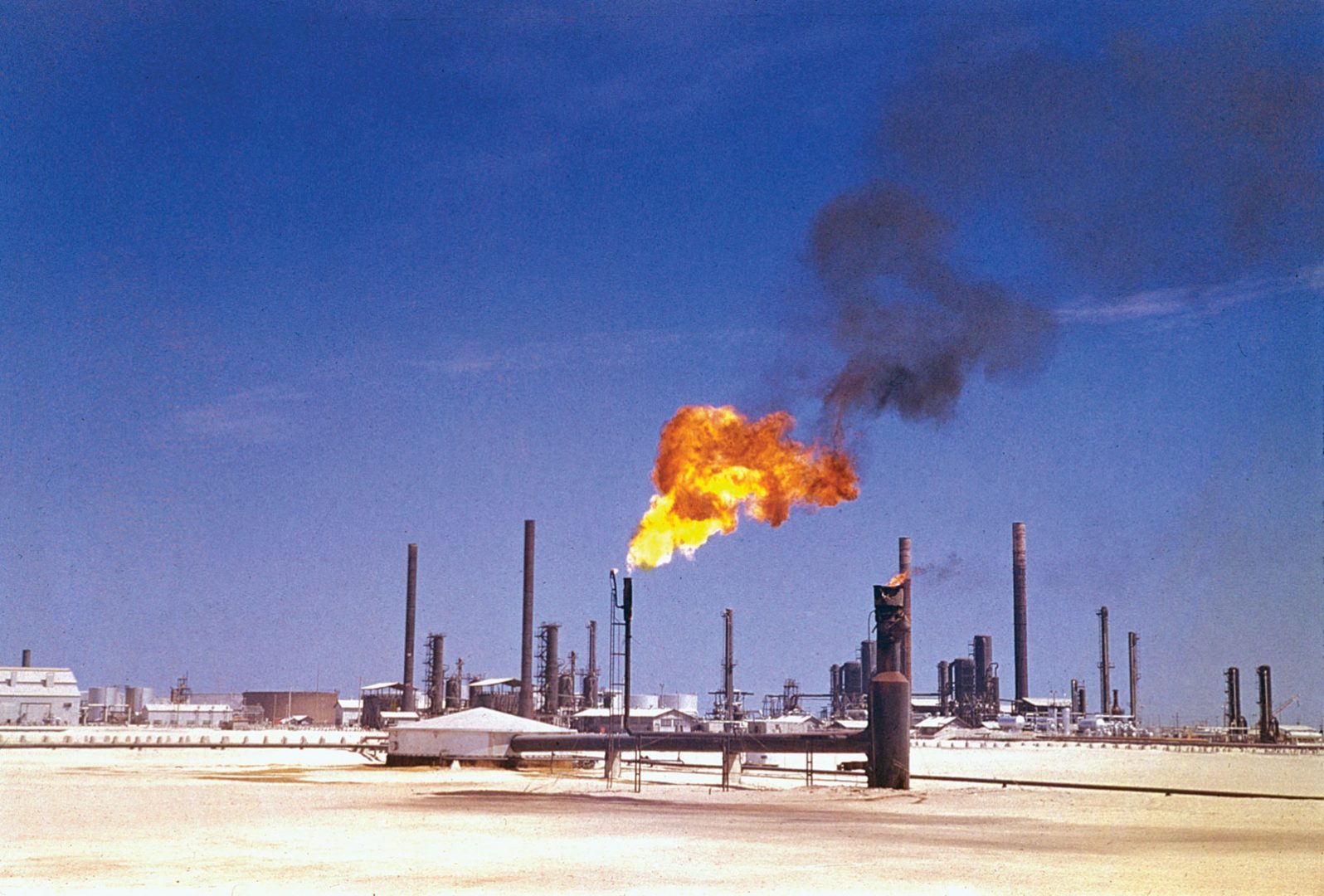IMF: Gulf economy is recovering, but faces oil volatility

Economic growth in the energy-rich Gulf will recover in 2018 from a contraction last year but remains vulnerable to volatility in crude oil prices, the IMF forecast on Tuesday.
The global lender predicted that an overall energy price recovery from 2015-2016 lows would spur the economies of the six-nation Gulf Cooperation Council to grow by 2.4 percent in 2018 and 3.0 percent in 2019, after a contraction of 0.4 percent last year.
Grouping Bahrain, Kuwait, Oman, Qatar, Saudi Arabia and the UAE, the GCC states together pump over 17 million barrels per day and depend heavily on crude revenues.
However, the rosier outlook for some oil exporters is not consistent across the region. In Iran, the re-imposition of U.S. sanctions last week on oil exports is expected to drive up inflation there to more than 40 percent by year’s end.
The findings, which came in the IMF’s new regional outlook report, said the overall fiscal deficit for the Mideast’s oil exporters is projected to decline from around $118 billion last year to $41 billion this year, before narrowing to $3 billion in 2019.
For Saudi Arabia, growth projections remain unchanged despite fallout from the killing of Saudi writer Jamal Khashoggi at the Saudi Consulate in Istanbul last month. International outrage prompted big name executives and officials to back out from attending a major investment conference in Riyadh after the killing. IMF chief Christine Lagarde was among the high-level participants who pulled out of the summit.
The IMF projects that Saudi Arabia’s economy will see 2.2 percent growth this year and 2.4 percent next year, after shrinking 0.9 percent last year. Saudi Arabia is aiming to balance its budget by 2023.
Iran’s economy is expected to contract by 1.5 percent this year and 3.6 percent in 2019, the report said. This comes after Iran’s economy saw growth of 12.5 percent in 2016 and 3.7 in 2017, after sanctions had been temporarily lifted.
The IMF cautions that global oil prices, while potentially buoyed in the near-term by cuts in Iranian oil supply, are expected to slide down to around $60 a barrel in the next three to four years.
Benchmark Brent crude, which had been trading above $80 a barrel recently, now hovers around $70 after U.S. sanctions waivers for countries that import heavily from Iran, which accounts for 5 percent of global oil exports.
The IMF urged GCC states to continue with and expand reforms, welcoming the imposition of value-added tax by Saudi Arabia and the UAE.
It also called on GCC countries to impose corporate and personal income tax in order to diversify their revenue streams.

